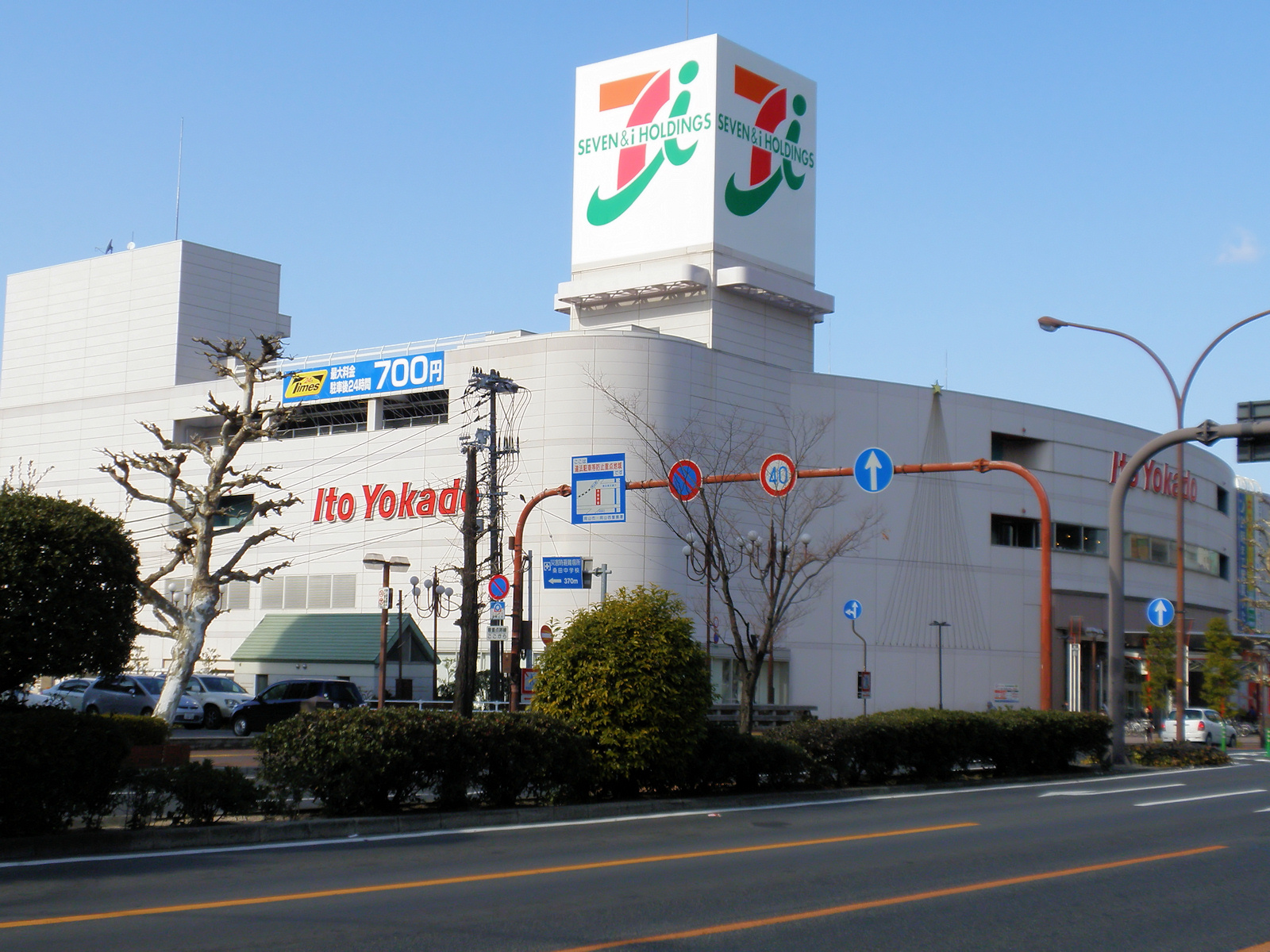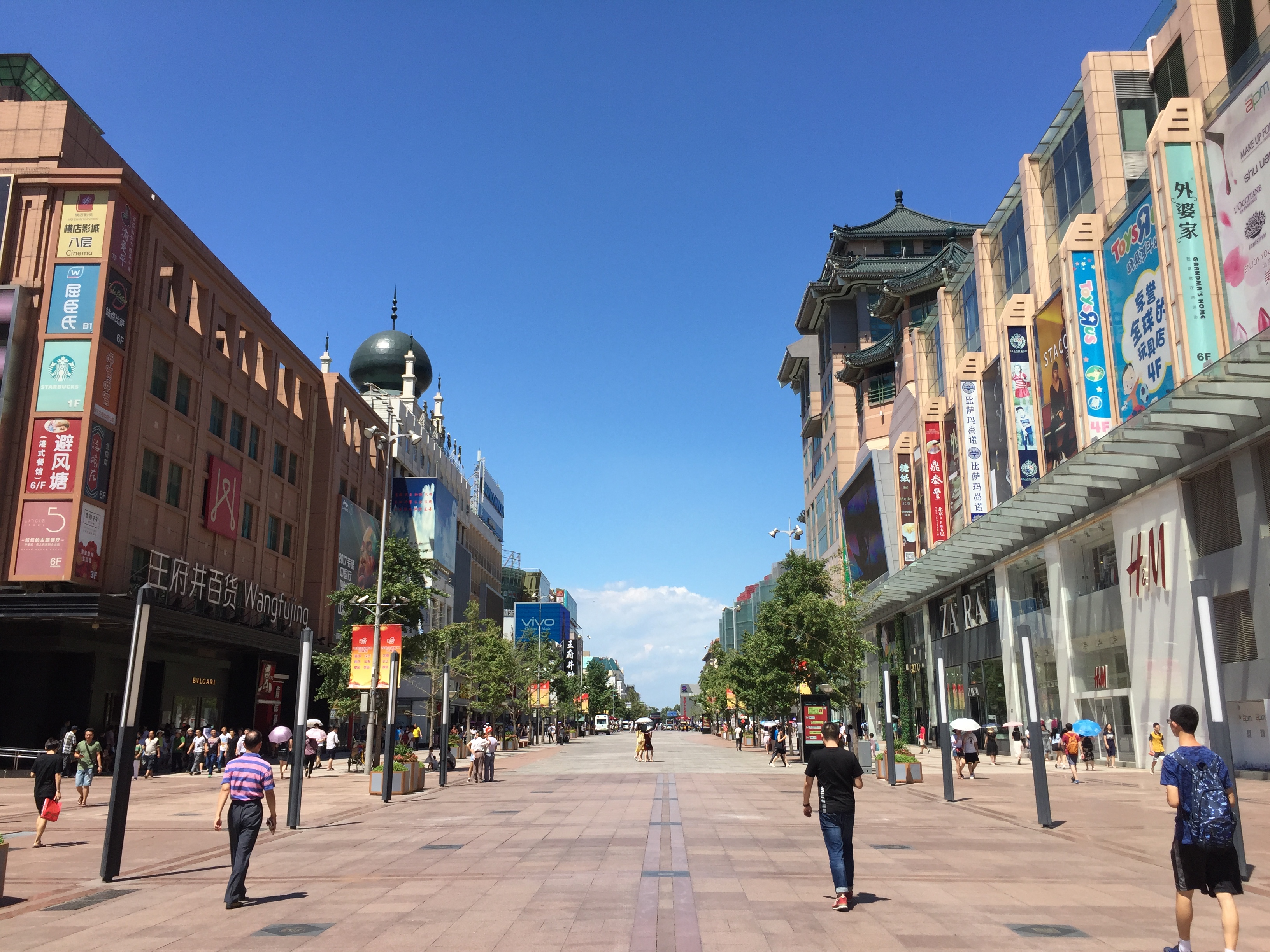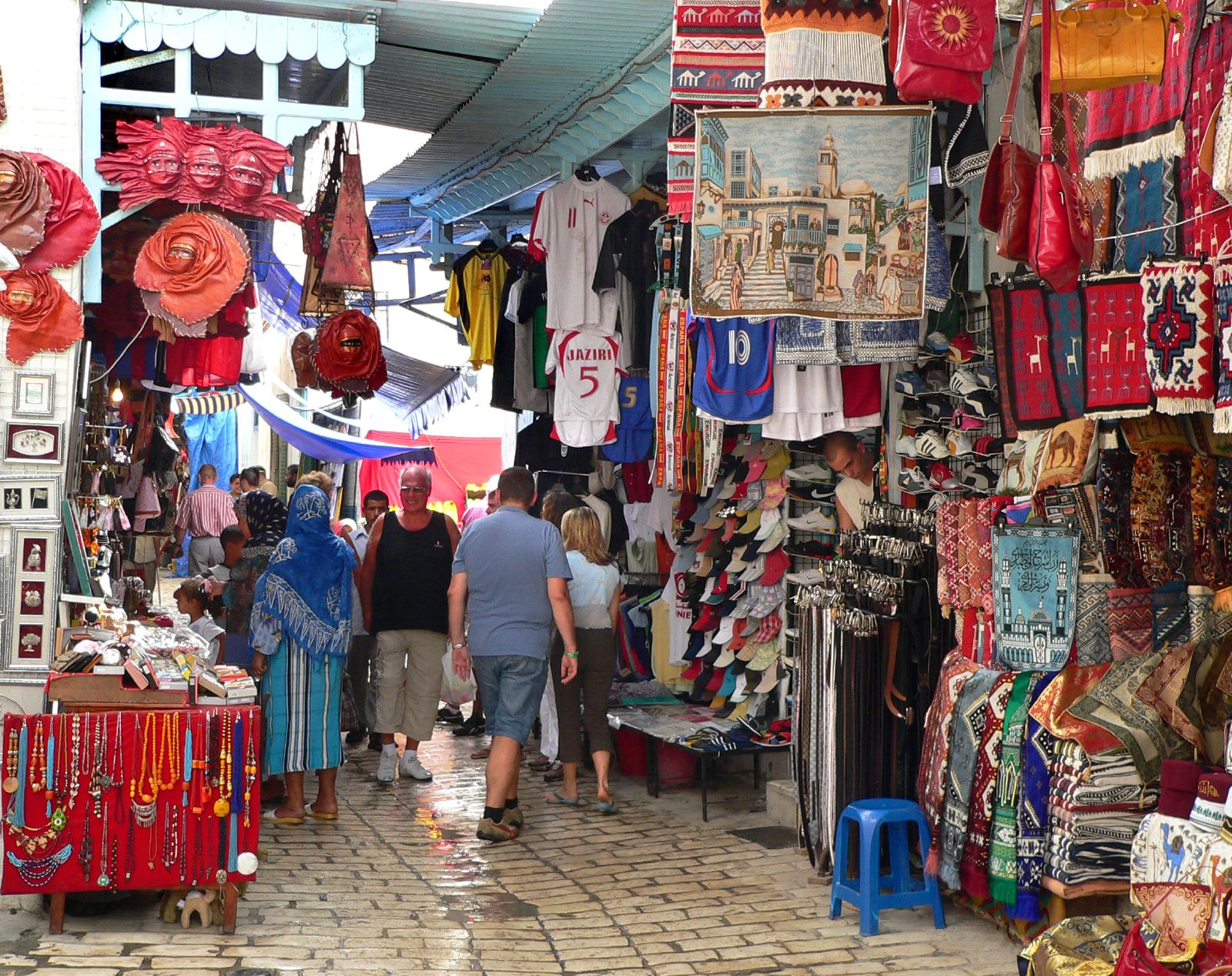|
Wangfujing Department Store
Wangfujing () is a Chinese department store based in Beijing. Through a joint venture with Japanese department store Ito-Yokado, Wangfujing Yokado opened China's first full-scale food supermarket. Both companies each have a 40 per cent stake. Japanese supermarket operator York-Benimaru Co. has the remaining 20 per cent. It welcomes more than 10 million customers per day. It uses cloud computing Cloud computing is "a paradigm for enabling network access to a scalable and elastic pool of shareable physical or virtual resources with self-service provisioning and administration on-demand," according to International Organization for ... services from IBM. See also * Wangfujing * Wangfujing station References External linksWangfujing Department Store Buildings and structures in Dongcheng District, Beijing Shopping malls in Beijing Department stores of China Companies with year of establishment missing {{mall-stub ... [...More Info...] [...Related Items...] OR: [Wikipedia] [Google] [Baidu] |
Department Store
A department store is a retail establishment offering a wide range of consumer goods in different areas of the store under one roof, each area ("department") specializing in a product category. In modern major cities, the department store made a dramatic appearance in the middle of the 19th century, and permanently reshaped shopping habits, and the definition of service and luxury. Similar developments were under way in London (with Whiteleys), in Paris () and in New York City ( Stewart's). Today, departments often include the following: clothing, cosmetics, do it yourself, furniture, gardening, hardware, home appliances, houseware, paint, sporting goods, toiletries, and toys. Additionally, other lines of products such as food, books, jewellery, electronics, stationery, photographic equipment, baby products, and products for pets are sometimes included. Customers generally check out near the front of the store in discount department stores, while high-end traditional d ... [...More Info...] [...Related Items...] OR: [Wikipedia] [Google] [Baidu] |
Beijing
Beijing, Chinese postal romanization, previously romanized as Peking, is the capital city of China. With more than 22 million residents, it is the world's List of national capitals by population, most populous national capital city as well as China's List of cities in China by population, second largest city by urban area after Shanghai. It is located in North China, Northern China, and is governed as a Direct-administered municipalities of China, municipality under the direct administration of the Government of the People's Republic of China, State Council with List of administrative divisions of Beijing, 16 urban, suburban, and rural districts.Figures based on 2006 statistics published in 2007 National Statistical Yearbook of China and available online at archive. Retrieved 21 April 2009. Beijing is mostly surrounded by Hebei Province and neighbors Tianjin to the southeast; together, the three divisions form the Jing-Jin-Ji, Jing-Jin-Ji cluster. Beijing is a global city and ... [...More Info...] [...Related Items...] OR: [Wikipedia] [Google] [Baidu] |
Ito-Yokado
is a Japanese Hypermarket, general merchandise, shopping center, grocery store and department store originally founded in 1920. In 2005, it was reorganized, as part of a corporate restructuring, as a subsidiary of the Seven & I Holdings Co. As of February 2023, there were 126 Ito-Yokado stores operating in Japan. In 2023 the company announced that it would be closing down 33 stores. Ito-Yokado entered the Chinese market in 1996, opening the first store in Chengdu, Sichuan province. As of 2023, the company has 12 stores in China, with 1 in Beijing, 11 in Sichuan. Musical codes Inside Ito-Yokado, the staff working at the register can play instrumentals of famous musical pieces, which is a code to workers in the store for specific things to do. These are: * ''Help! (song), Help!'' (The Beatles)https://soranews24.com/2021/01/09/heres-why-japanese-supermarkets-play-cheap-background-music-all-day-according-to-twitter/ - A call for additional staff to man the tills during periods ... [...More Info...] [...Related Items...] OR: [Wikipedia] [Google] [Baidu] |
Cloud Computing
Cloud computing is "a paradigm for enabling network access to a scalable and elastic pool of shareable physical or virtual resources with self-service provisioning and administration on-demand," according to International Organization for Standardization, ISO. Essential characteristics In 2011, the National Institute of Standards and Technology (NIST) identified five "essential characteristics" for cloud systems. Below are the exact definitions according to NIST: * On-demand self-service: "A consumer can unilaterally provision computing capabilities, such as server time and network storage, as needed automatically without requiring human interaction with each service provider." * Broad network access: "Capabilities are available over the network and accessed through standard mechanisms that promote use by heterogeneous thin or thick client platforms (e.g., mobile phones, tablets, laptops, and workstations)." * Pooling (resource management), Resource pooling: " The provider' ... [...More Info...] [...Related Items...] OR: [Wikipedia] [Google] [Baidu] |
Wangfujing
Wangfujing Street ( zh, s=王府井大街, p=Wángfǔjǐng Dàjiē) is a shopping street in Beijing, China, located in Dongcheng District. The majority of the main area is pedestrianised. Since the middle of the Ming Dynasty there have been commercial activities in the area. In the Qing Dynasty, ten aristocratic estates and princess residence were built here, soon after when a well full of sweet water was discovered, thereby giving the street its name "Wangfu" (Prince's residence), "Jing" (Well). Many exotic foods are served on Wangfujing snack street.Latimer D. (2014) ''The Improbable Beijing Guidebook'', Sinomaps, Beijing, , p. 52 Location Wangfujing Street starts from Wangfujing South Entrance (王府井南口, Wángfǔjǐng Nánkǒu), where the Oriental Plaza, Beijing Hotel, and the Wangfujing metro station are located. The street then heads north, passing the Wangfujing Bookstore, the Beijing Department Store as well as the Beijing Foreign Languages Bookstore before e ... [...More Info...] [...Related Items...] OR: [Wikipedia] [Google] [Baidu] |
Buildings And Structures In Dongcheng District, Beijing
A building or edifice is an enclosed structure with a roof, walls and windows, usually standing permanently in one place, such as a house or factory. Buildings come in a variety of sizes, shapes, and functions, and have been adapted throughout history for numerous factors, from building materials available, to weather conditions, land prices, ground conditions, specific uses, prestige, and aesthetic reasons. To better understand the concept, see ''Nonbuilding structure'' for contrast. Buildings serve several societal needs – occupancy, primarily as shelter from weather, security, living space, privacy, to store belongings, and to comfortably live and work. A building as a shelter represents a physical separation of the human habitat (a place of comfort and safety) from the ''outside'' (a place that may be harsh and harmful at times). buildings have been objects or canvasses of much artistic expression. In recent years, interest in sustainable planning and building pr ... [...More Info...] [...Related Items...] OR: [Wikipedia] [Google] [Baidu] |
Shopping Malls In Beijing
Shopping is an activity in which a customer browses the available goods or services presented by one or more retailers with the potential intent to purchase a suitable selection of them. A typology of shopper types has been developed by scholars which identifies one group of shoppers as recreational shoppers, that is, those who enjoy shopping and view it as a leisure activity.Jones, C. and Spang, R., "Sans Culottes, Sans Café, Sans Tabac: Shifting Realms of Luxury and Necessity in Eighteenth-Century France," Chapter 2 in ''Consumers and Luxury: Consumer Culture in Europe, 1650-1850'' Berg, M. and Clifford, H., Manchester University Press, 1999; Berg, M., "New Commodities, Luxuries and Their Consumers in Nineteenth-Century England," Chapter 3 in ''Consumers and Luxury: Consumer Culture in Europe, 1650-1850'' Berg, M. and Clifford, H., Manchester University Press, 1999 Online shopping has become a major disruptor in the retail industry as consumers can now search for product ... [...More Info...] [...Related Items...] OR: [Wikipedia] [Google] [Baidu] |
Department Stores Of China
Department may refer to: * Departmentalization, division of a larger organization into parts with specific responsibility Government and military *Department (administrative division), a geographical and administrative division within a country, for example: **Departments of Colombia, a grouping of municipalities **Departments of France, administrative divisions three levels below the national government **Departments of Honduras **Departments of Peru, name given to the subdivisions of Peru until 2002 **Departments of Uruguay *Department (United States Army), corps areas of the U.S. Army prior to World War I *Fire department, a public or private organization that provides emergency firefighting and rescue services *Ministry (government department), a specialized division of a government *Police department, a body empowered by the state to enforce the law * Department (naval) administrative/functional sub-unit of a ship's company. Other uses * ''Department'' (film), a 2012 Bollywoo ... [...More Info...] [...Related Items...] OR: [Wikipedia] [Google] [Baidu] |





